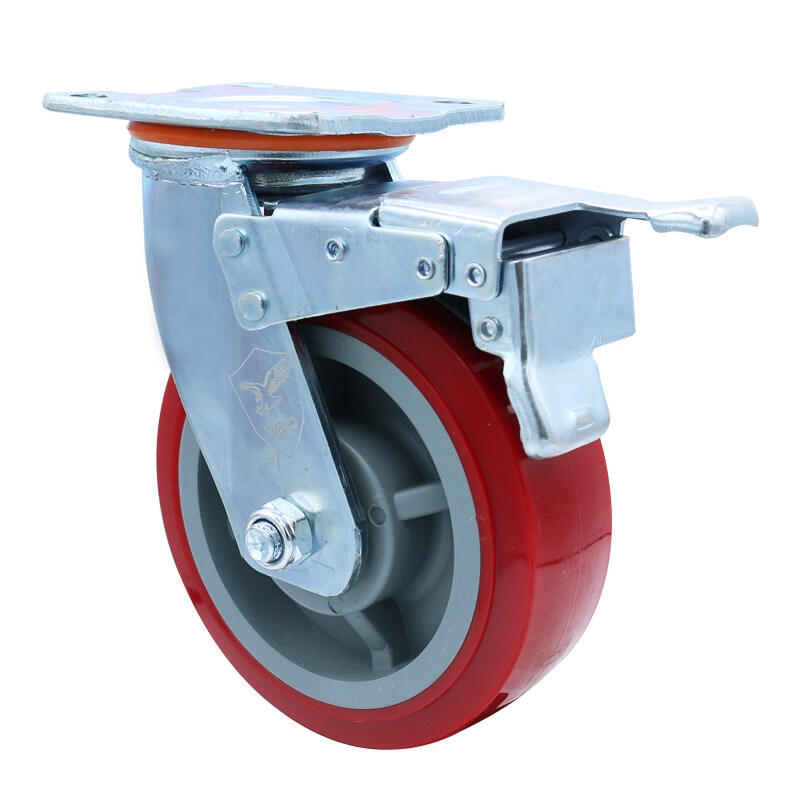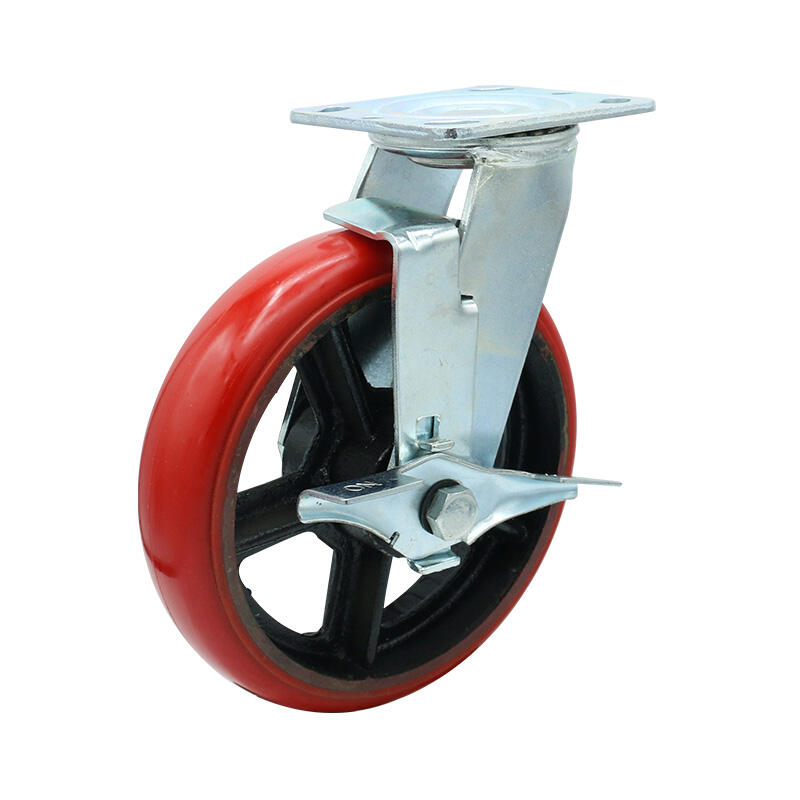heavy duty plastic wheels
Heavy duty plastic wheels represent a revolutionary advancement in material handling and equipment mobility solutions. These robust components are engineered using high-grade polymers and advanced manufacturing techniques to deliver exceptional performance in demanding environments. The wheels feature reinforced construction with specialized plastic compounds that offer superior load-bearing capacity, typically ranging from 300 to 1,500 pounds per wheel. These wheels incorporate precision-engineered bearings and axle systems that ensure smooth, consistent rotation even under maximum load conditions. The non-marking characteristics of these wheels make them ideal for use on sensitive flooring surfaces, while their chemical-resistant properties enable deployment in challenging industrial environments. The wheels' design typically includes ergonomic considerations such as rounded edges and specialized tread patterns that enhance maneuverability and reduce rolling resistance. Available in various sizes, from 3 to 12 inches in diameter, these wheels can be customized with different tread patterns and mounting options to suit specific applications. Their maintenance-free design eliminates the need for regular lubrication, while their weather-resistant properties ensure longevity in both indoor and outdoor applications.



